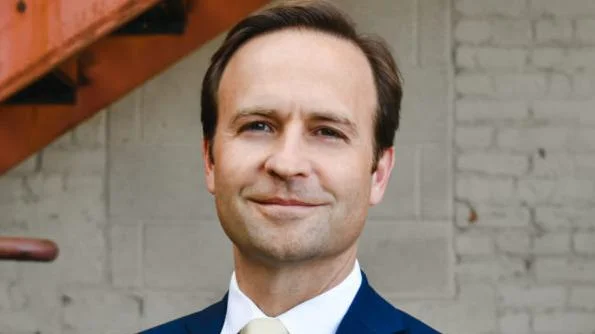Brian Calley President and Chief Executive Officer at Small Business Association of Michigan | Official website
Brian Calley President and Chief Executive Officer at Small Business Association of Michigan | Official website
A new trend, termed "unbossing," is gaining traction in workplaces across the country as Generation Z shows a declining interest in traditional leadership roles. While this might initially appear concerning for the future of business, it presents an opportunity for evolution.
The unbossing trend highlights a generation that prioritizes balance, authenticity, and purpose over titles and hierarchy. Many Gen Z professionals are questioning whether the stress, long hours, and personal sacrifices associated with being a boss are worthwhile.
Employers are encouraged to listen and adapt. Gen Z is not avoiding responsibility; they are redefining leadership. They prefer roles where they can lead through influence rather than power, seeking flexibility, mental well-being, and alignment with their values. To engage them and develop a strong leadership pipeline, organizations need to create environments where leadership is sustainable.
This involves rethinking management structures. The era when working 60-hour weeks was seen as commendable is over. Healthy leadership behaviors should be modeled at the top by prioritizing time off, setting boundaries, and demonstrating that success does not equate to burnout.
Leadership development programs should be adaptable and value-driven. Instead of solely rewarding ambition with hierarchical advancement, organizations can recognize leaders at every level—mentors, collaborators, problem-solvers. For Gen Z, leadership often means leading with purpose and creating impact in their current positions.
Organizations are encouraged to have open conversations with younger employees about their perceptions of leadership. Career paths should be designed to allow them to choose both influence and well-being without compromise. Most importantly, demonstrate that leadership can coexist with life outside work.
Gen Z is not rejecting leadership; they are redefining it. Meeting them where they are can help build a future where leading is both possible and desirable.
By Mary E. Corrado





 Alerts Sign-up
Alerts Sign-up